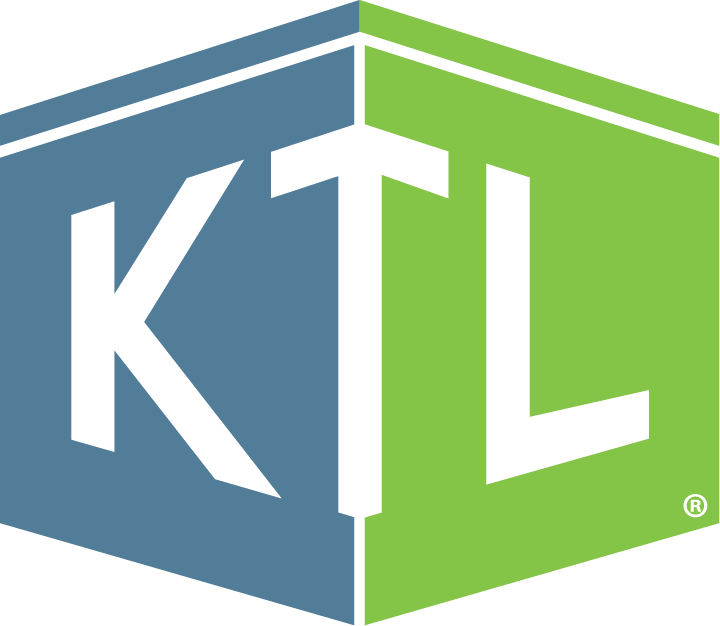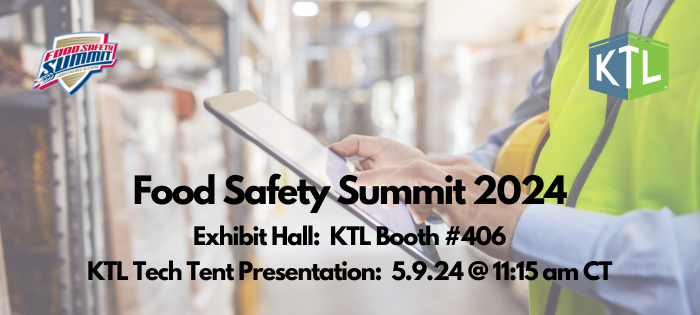
Don’t Miss KTL at the 2024 Food Safety Summit
As one of the premier events in the food industry, the Food Safety Summit provides a comprehensive conference and expo for attendees to learn from subject matter experts, exchange ideas, and find solutions to current industry challenges.
- When: May 6-9, 2024
- Where: Donald Stephens Convention Center, Rosemont, Illinois
- Who: Retailers, food processors, distributors, food manufacturers, growers, foodservice, testing laboratories, importing/exporting, law firms, and other food safety professionals
- Find KTL: Stop by our booth (#406) in the exhibit hall!
Tech Tent Case Study Presentation
Be sure to also update your agenda to attend KTL’s Tech Tent presentation on Thursday, May 9 at 11:15 am CT:
Case Study: Leveraging Existing Microsoft® Software to Develop a Robust FSMS
KTL will present a case study demonstrating how Italian Frozen Foods (IFF) USA is leveraging the company’s existing software—Microsoft Power Platform with SharePoint®—to elevate its food safety management system (FSMS) and effectively manage food safety compliance documentation, data, and certification requirements.
- Learn how you can use the software you already have to develop a robust FSMS.
- Understand the approach and process required to ensure successful development and implementation.
- Observe in practice how an integrated system can help organize, control, analyze, and visualize information so you remain in compliance and operate more efficiently.
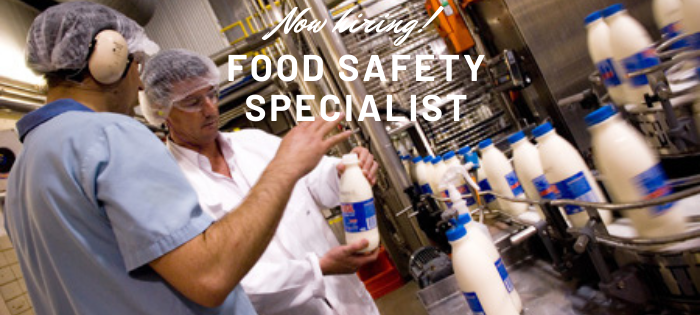
Now Hiring: Food Safety Specialist
Location: Chicago, Illinois (other locations considered)
KTL is seeking a Food Safety Specialist with 5-10 years of professional food safety consulting or relevant food industry experience to join our team. This individual will work under the direction of KTL Project Managers and Senior Consultants to manage and execute tasks for KTL’s food safety projects and meet client expectations. The Food Safety Specialist must have working knowledge of FDA, USDA, and GFSI requirements as they apply to food/food packaging manufacturing, processing, and distribution, and experience implementing/maintaining food safety documents and plans.
Responsibilities and tasks include the following:
- Providing HACCP, SOP, and SSOP development and implementation support
- Conducting gap assessments to FDA, USDA, and GFSI (i.e., IFS, BRC, FSSC22000, SQF) requirements
- Conducting relevant food safety training for clients
- Researching FDA, USDA, and GFSI regulatory requirements and maintaining standards updates
- Researching labeling regulatory review
- Interpreting third–party regulatory audits
- Reviewing, recommending, and coordinating efforts for environmental contaminants and pathogen testing program
- Working with clients and KTL senior staff to identify Food Safety Management System (FSMS) and program gaps and implement solutions for continuous improvement
- Maintaining and updating documents to ensure conformance and compliance consistency
- Participating in the development and management of KTL’s SharePoint® tools
- Assisting in growing clients and other business development efforts, as requested
Salary Range: $65,000 to $90,000 per year
Requirements
- B.S. degree in food science, biology, chemistry, technology, microbiology, or other related life science
- 5-10 years of related food industry experience in Quality Assurance/Control; experience in cooking, processing, manufacturing dairy, low-acid canned food, meat, or seafood preferred
- Excellent communication and presentation skills
- Excellent research, analytical, writing, and organizational skills
Preferred
- Microsoft SharePoint® and information management systems experience
- High–risk food or ingredients experience
- Understanding of food safety in food packaging
How to Apply
Forward a resume to recruiting@goktl.com.
Company Description
KTL is a management consulting firm providing EHS, sustainability, food safety, and quality consulting services to a wide range of industry, municipal, university, and government clients. Our focus is to build strong, long-term client partnerships and provide value-added solutions that simplify management systems, improve compliance, and establish more sustainable operations. KTL specializes in developing and implementing strategies, processes, and tools that complement our clients’ investments in existing programs and resources. Our highly qualified personnel have an in-depth knowledge of U.S. federal, state, and international EHS requirements; global food safety compliance; ISO management systems; and information management tools. Our consultants possess the education, work experience, and professional registrations necessary to provide value-adding consulting services to our clients.
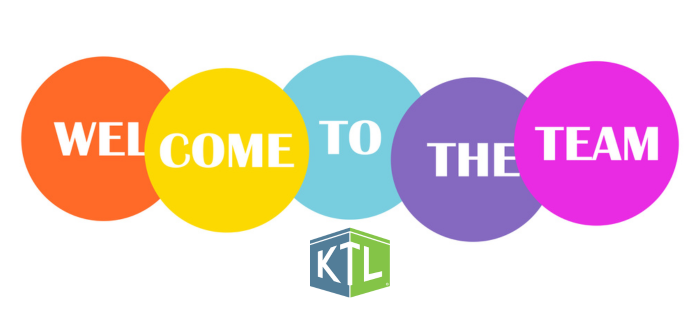
Comments: No Comments
KTL Welcomes New Environmental Engineer

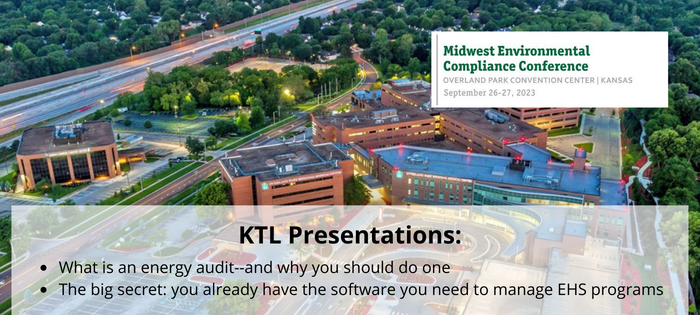
KTL to Present at MECC 2023 on Energy Audits & Compliance Management Systems
KTL is excited to be joining the 2023 Midwest Environmental Compliance Conference (MECC) in Overland Park, Kansas, September 26-27, 20023 as a featured presenter. MECC takes a fresh, regional approach to the increasingly difficult task of environmental compliance, permitting, enforcement, and other critical environmental issues that impact Midwest facilities and institutions.
KTL’s presentions are part of the workshop’s technical agenda:
What is an energy audit—and why you should do one
September 26, 2023 | 12:30 pm | Coulter Wood, CEM, CPEA, Senior Consultant
Want to reach your sustainability goals, improve your energy efficiency, and save money? Learn what an energy audit is, how it can help you better understand your energy usage and issues, and how you can leverage your audit to identify opportunities to create energy efficiencies and reduce your carbon footprint.
The big secret: you already have the software you need to manage EHS programs
September 27, 2023 | 9:35 am | Joe Tell, Principal
Implementing software to manage EHS compliance sounds expensive, but it doesn’t have to be—not when most companies already have the software they need. See how to leverage the Microsoft Power Platform® to elevate EHS and effectively manage compliance documentation and data.
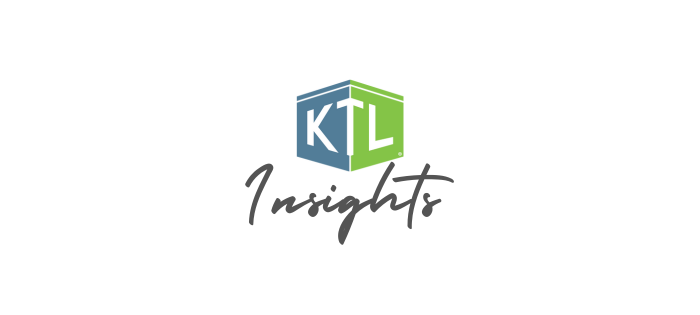
Comments: No Comments
Welcome KTL’s Newest Consultants
KTL is pleased to introduce our newest team members:

Estefania Lopez, Consultant, is an FSQA professional with nearly 10 years of experience working in the food industry. She is an SQF Practitioner and PCQI with specialized expertise in managing supplier and manufacturer compliance with state and federal food safety regulations, certification standards, supplier requirements, and internal programs. In addition, Estefania has significant laboratory experience conducting nutrient, chemical, environmental, and sensory testing. She is based in California.
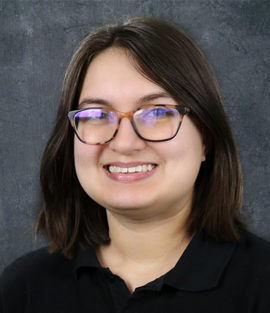
Victoria Gutierrez, Consultant, is an FSQA professional with experience working across many areas of the food and beverage industry, including supply chain, distribution, and retail. She has working knowledge of FDA and USDA food safety regulations and GFSI certification standards. Victoria has experience developing and implementing digital platforms and IT systems to help manage food safety programs. She excels at finding IT solutions to improve data management and create operational efficiencies. She is based in Iowa.

Kyle Weiher, Consultant, is a Power Platform Developer with experience developing and implementing digital platforms and IT solutions to help clients manage business processes and improve performance, reliability, and compliance. Kyle is expert in various IT systems (e.g., Microsoft® SharePoint, Power Apps, Power Automate, Dataverse) and has been involved in the design, development, and implementation process of building out Power Platform solutions. He is based in Wisconsin.

Visit KTL at the 2023 Food Safety Summit
As one of the premier events in the food industry, the Food Safety Summit provides a comprehensive conference and expo for attendees to learn from subject matter experts, exchange ideas, and find solutions to current industry challenges.
- When: May 8-11, 2023
- Where: Donald Stephens Convention Center, Rosemont, Illinois
- Who: Retailers, food processors, distributors, food manufacturers, growers, foodservice, testing laboratories, importing/exporting, law firms, and other food safety professionals
- Find KTL: Stop by our booth (#534) in the exhibit hall!
KTL Solutions Stage Presentation
Be sure to also update your agenda to attend KTL’s Solutions Stage presentation on Thursday, May 11 at 2:00 pm CT:
The Big Secret: You already have the software you need to build your FSMS.
Having a simple, centralized FSMS to manage, track, communicate, and report compliance program information can enable staff to complete required tasks, improve compliance performance, and support operational decision-making. It sounds expensive, but it doesn’t have to be—not when most companies already have the software and just need the right combination of food safety and IT expertise to customize it. KTL will present several examples that demonstrate how various food companies are leveraging Microsoft 365® with SharePoint and the Power Platform to elevate their FSMS and effectively manage food safety compliance documentation, data, and certification requirements.

Comments: No Comments
Joe Tell Appointed to Scripps Institution of Oceanography Director’s Council
KTL Principal Joe Tell was recently appointed to the Director’s Council of the Scripps Institution of Oceanography at University of California (UC) San Diego. Scripps is one of the most important centers for global earth science research and education in the world.
Director’s Council members are leaders in business, government, philanthropy, or the nonprofit sector. The Council meets formally twice per year to review the institution’s progress and to advise the Director in strategic planning for priorities, new directions, and high-level outreach.
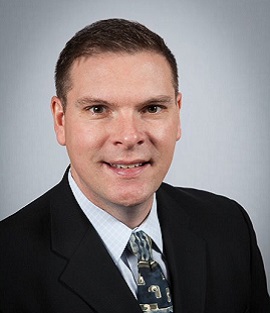
Joe brings over 25 years of experience working with industrial, government, and institutional clients in operational and business risk management, process improvement, information management systems, and compliance assurance to his Director’s Council position. His expertise is focused on creating strategies for developing and implementing risk-based management systems that sustain the environment and public health, emphasize strong leadership commitment, and ensure cross-functional stakeholder engagement. Joe is particularly interested in making connections between the private sector, government agencies, and the NGO community to promote collaborative solutions to global environmental and health issues.
Scripps was founded as the Marine Biological Association of San Diego in 1903. The Institution leads research in climate change impacts and adaptation, resilience to hazards, conservation and biodiversity, oceans and human health, national security, and innovative technology to observe the planet.

KTL News: New Food Safety Consultant
KTL is pleased to welcome the newest member of our food safety team!
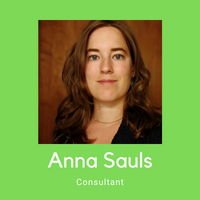
Anna Sauls, Senior Consultant
Anna Sauls is a food safety and quality professional with more than ten years of experience. Prior to joining KTL, she served as an industry trainer for food, beverage, and natural products. Anna has in-depth knowledge of FDA food safety regulations and a strong ability to effectively communicate and train others on meeting food safety and quality requirements. Her areas of expertise include 21 CFR, food safety hazards, Hazard Analysis and Critical Control Points (HACCP), current Good Manufacturing Practices (cGMPs), Preventive Controls for Human Foods, food defense, environmental monitoring, sanitation, auditing, and documentation. Anna is based in Candler, NC. Read her full bio…
asauls@goktl.com | 252.339.7583

2022 CAPPA Conference: KTL Case Study on Managing EHS Compliance
The Central region of APPA (CAPPA) is back hosting the 2022 Annual Conference in Lincoln, Nebraska this October–and KTL is looking forward to being part of the technical agenda this year! With the constant state of change in Higher Education, every interaction with students, faculty, staff and our business partners, vendor, etc. is important to improvement and growth in facilities. This year’s conference is filled with business and educational sessions to help support facilities management professionals in educational institutions.
KTL will be joining Southeast Missouri State University’s Autumn Gentry to present the following case study:
Using Microsoft 365 and SharePoint® to Manage EHS Compliance: University Case Study
October 10, 2022 | 11:00-11:55 a.m.
This presentation will discuss how educational facilities can use Microsoft 365 and SharePoint as a tool to manage EHS compliance programs. We will provide an overview of applicable EHS regulations, discuss how 365/SharePoint can be used to address university-specific needs, and provide a demonstration of Southeast Missouri State University’s “live” EHS management system.

KTL Expands EHS Resources
KTL is pleased to welcome the newest member of our EHS team!

Coulter Wood, CEM, CPEA, Senior Consultant
Coulter Wood, CEM, CPEA, is an is an environmental compliance and energy management leader with over 20 years of industry and consulting experience in providing expert regulatory and technical guidance, conducting energy and environmental compliance audits, leading corporate sustainability efforts and environmental capital expenditure projects, and managing energy sourcing and procurement. Coulter has extensive knowledge of state and federal environmental regulations. He has completed inspections and reports for emissions stack testing and Title V permitting, air emissions inventories, hazardous waste generation, storm water sampling, SPCC Plans, and NPDES authorizations and permits. He has also developed environmental and energy management systems. Coulter is a Certified Environmental Manager (CEM) and Certified Professional Environmental Auditor (CPEA). Coulter is based in Des Moines, Iowa. Read his full bio…
cwood@goktl.com | 507.208.9126
